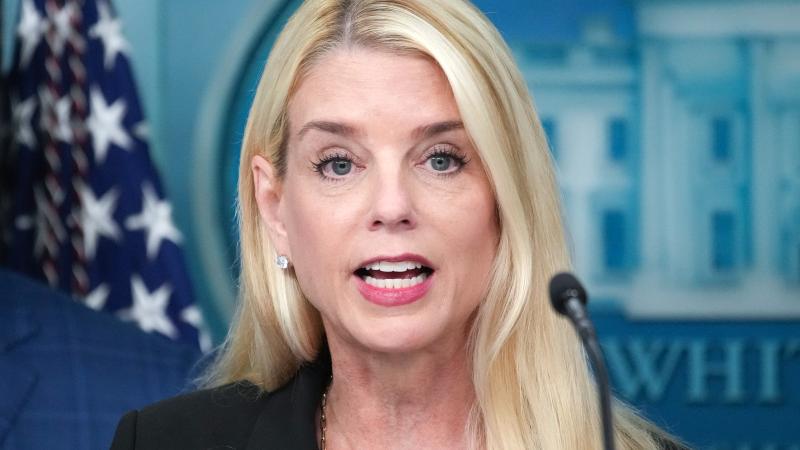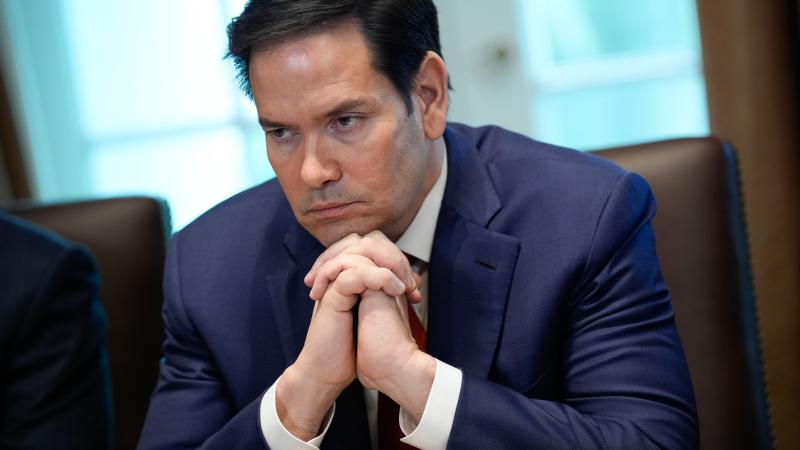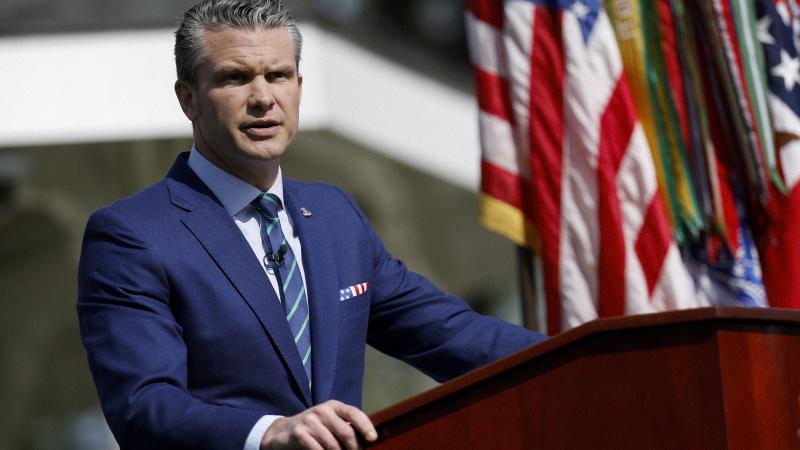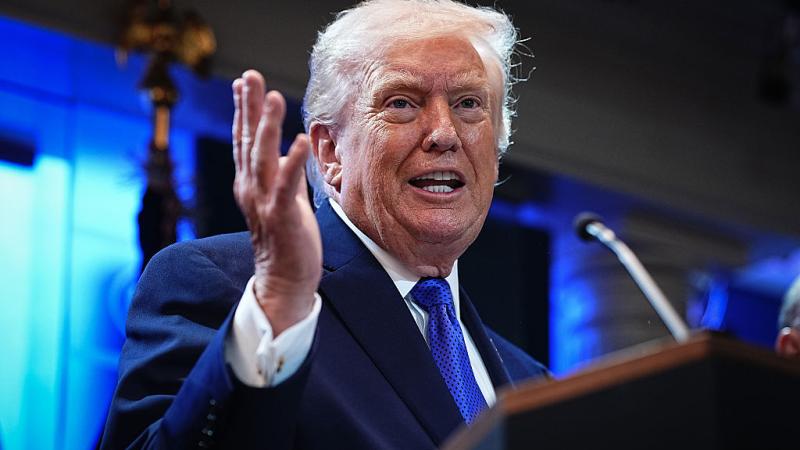Record number of elections in 2024 had universal themes of inflation, migration – ousting incumbent
Half the world went to the polls in 2024, the most widespread show of democracy ever seen
Half the world went to the polls in 2024, the most widespread show of democracy ever seen.
A year ago, it was predicted that the jam-packed electoral calendar could dramatically reshape the world order – and it may well have done so. What happened? In short, history may remember 2024 as the year of the “You’re fired!” election.
The most important election result of the year is no doubt Republican Donald Trump’s November 2024 victory over Democratic presidential nominee Vice-President Kamala Harris. But the phrase popularized by Donald Trump during his years on "The Apprentice" television show could be applied in scores of other nations.
Around the world – from the U.K. to India, France to Japan, and Germany to South Korea – voters repeatedly punished incumbent parties and coalitions, voting many of them out of office and significantly weakening most of the rest.
All told, more than 70 countries making up more than half of the globe’s citizens held national votes in 2024, including four of the five countries with the largest populations (China was the lone exception in that group).
Among the key outcomes: right-wing and nationalist parties made gains in elections for the European Parliament in June, while in EU member states, those gains helped cripple the centrist governments of Emmanuele Macron in France (who was weakened by snap elections) and Germany’s Olaf Scholz (who may be ousted by a national vote to be held next month).
Across the English Channel, the political spectrum swung in the other direction, with the U.K.'s Labor Party’s Keir Starmer handing predecessor Rishi Sunak what turned out to be the Conservative Party’s worst-ever political defeat. Starmer became the first Labor Party leader to move into 10 Downing Street since the Tony Blair and Gordon Brown era ended in 2010.
The anti-incumbent trend extended into Asia as well. In India, Prime Minister Narendra Modi held on to power, but was severely weakened in the first major setback of his political career, while Japan’s Liberal Democratic Party, in power almost continuously since 1955, was rejected, casting the future of newly-installed Prime Minister Shigeru Ishiba in doubt.
Even notoriously stable South Korea has been thrown into crisis, with three different presidents in the last month and more of the same expected going forward.
According to the Pew Research Center, the global economy – staggering due to the fallout from the Coronavirus pandemic and military conflicts that sent energy prices higher and disrupted global trade – was a major factor fanning the global anti-incumbent sentiment.
The think tank surveyed residents in 34 countries last year and found that “across those nations, a median of 64% of adults said their national economy was in bad shape,” the report said. The global inflation rate averaged more than 6% in 2023 and 2024, something Pew said was particularly toxic for office holders. A rise in global conflicts and mass migration were also factors, Pew said.
Another 2024 election theme was immigration, particularly in large Western economies whose aging populations were creating labor shortages, Mohit Kumar, chief economist for investment house Jefferies, told Reuters.
"Economically we need immigration, but the political dynamics are shifting away from immigration," he said.
What does it all mean for 2025? One thing essentially all analysts agree on is that whatever happens around the world this year, Trump’s return to the White House will be a central factor.
To be sure, the turnover among global heads of government will have an impact on U.S. foreign relations, including increased influence for Trump allies and want-to-be allies.
But it could have an even bigger impact on how other countries adapt, in areas as different as preparations for potential U.S. tariffs to the possibility of supporting Ukraine without U.S. help.
In a case likely to be made in multiple national capitals in the coming months, many analysts in Germany believe that the first four weeks of the Trump presidency will end up being a bigger factor when residents in the world’s third largest economy vote than any of the domestic clashes that have undermined their sputtering government.
The Facts Inside Our Reporter's Notebook
Links
- it was predicted that the jam-packed electoral calendar could dramatically reshape the world order
- phrase popularized by Donald Trump
- four of the five countries with the largest populations
- right-wing and nationalist parties made gains
- Emmanuele Macron in France
- Germanyâs Olaf Scholz
- the Conservative Partyâs worst-ever political defeat
- the Tony Blair and Gordon Brown era ended in 2010
- Prime Minister Narendra Modi held on to power, but was severely weakened
- casting the future of newly-installed Prime Minister Shigeru Ishiba in doubt
- South Korea has been thrown into crisis
- 64% of adults said their national economy was in bad shape
- global inflation rate averaged more than 6% in 2023 and 2024
- told Reuters
- increased influence for Trump allies and want-to-be allies
- on how other countries adapt
- preparations for potential U.S. tariffs
- supporting Ukraine without U.S. help
- first four weeks of the Trump presidency will end up being a bigger factor















